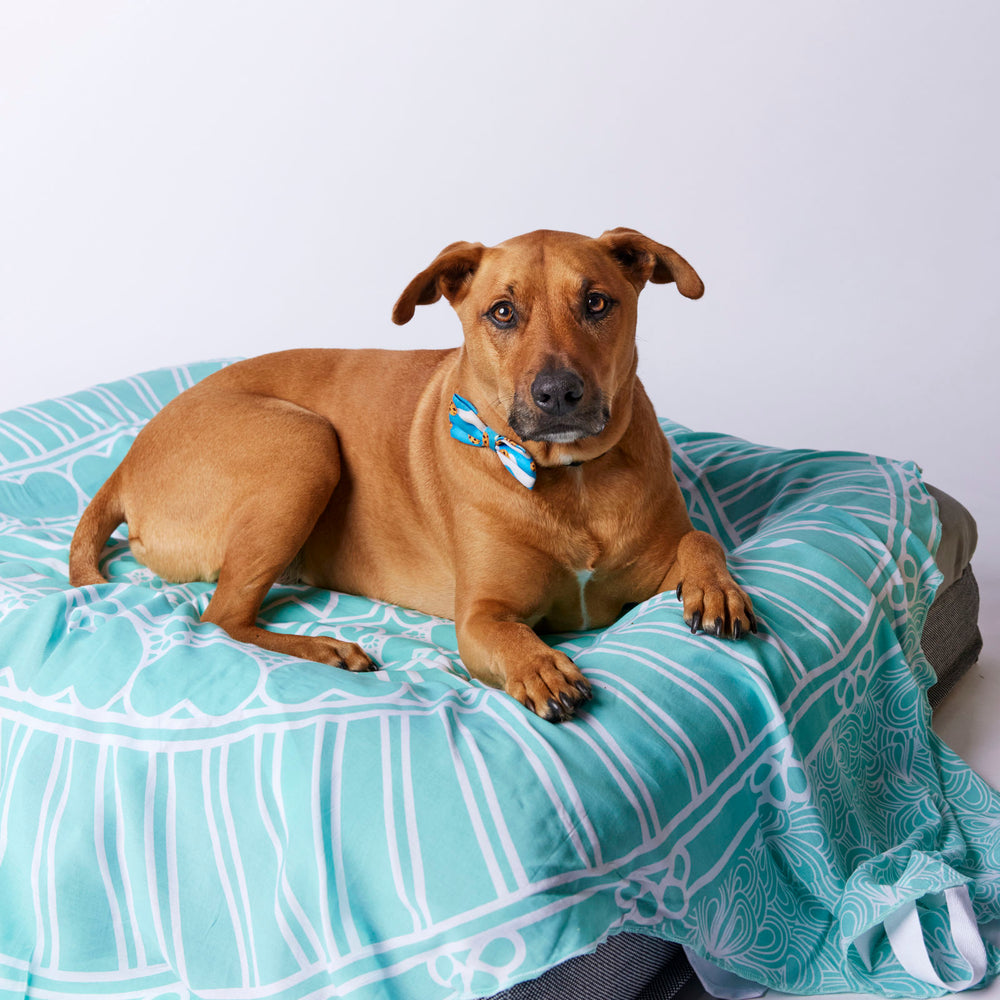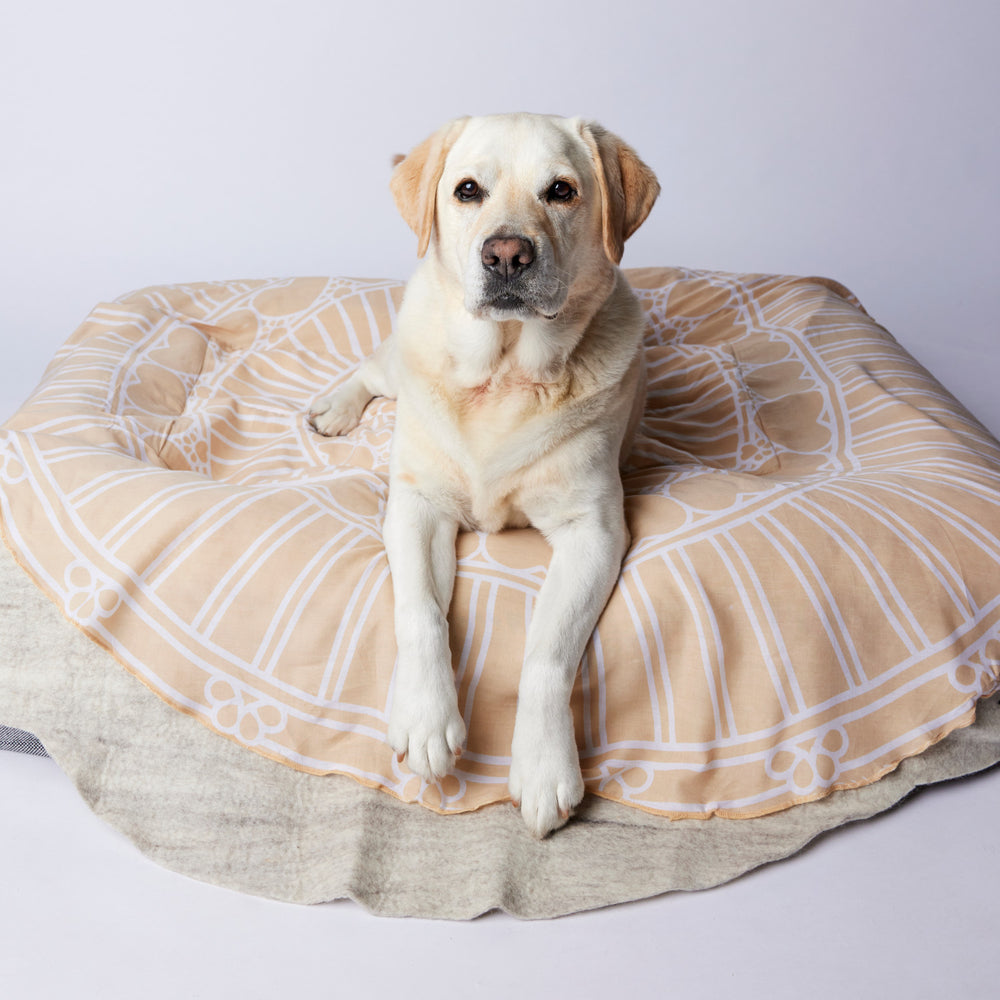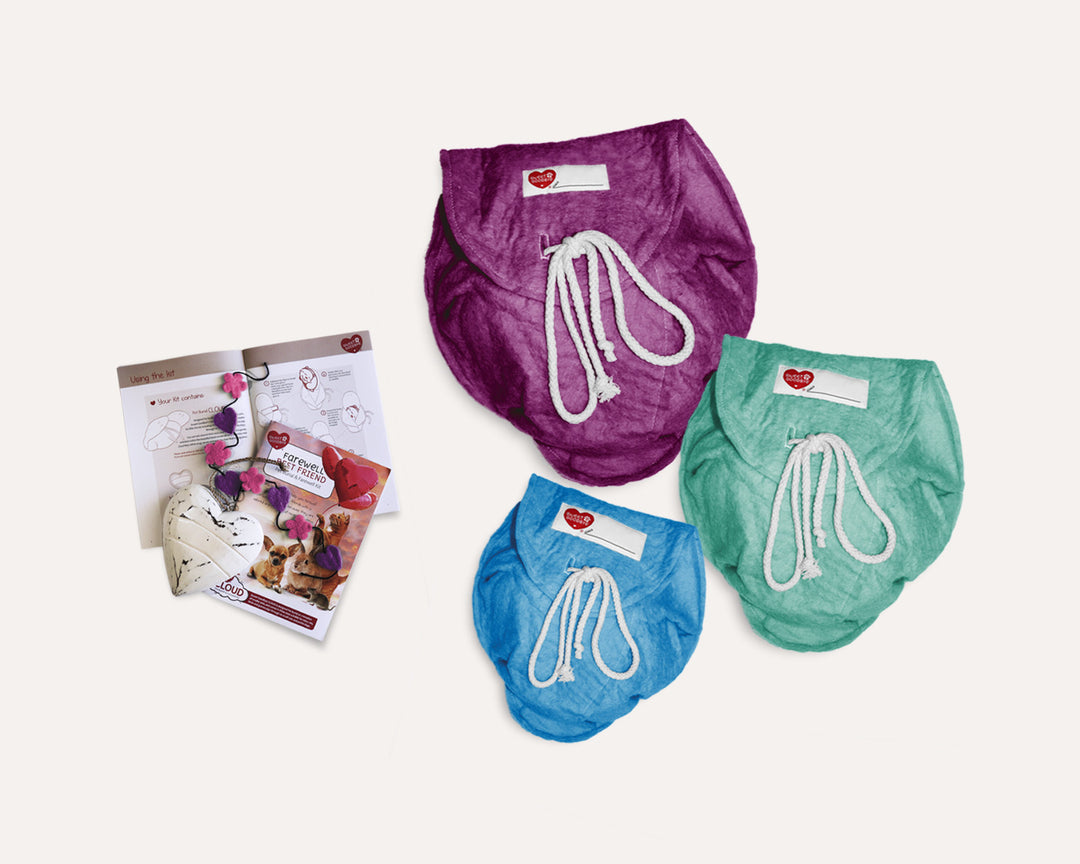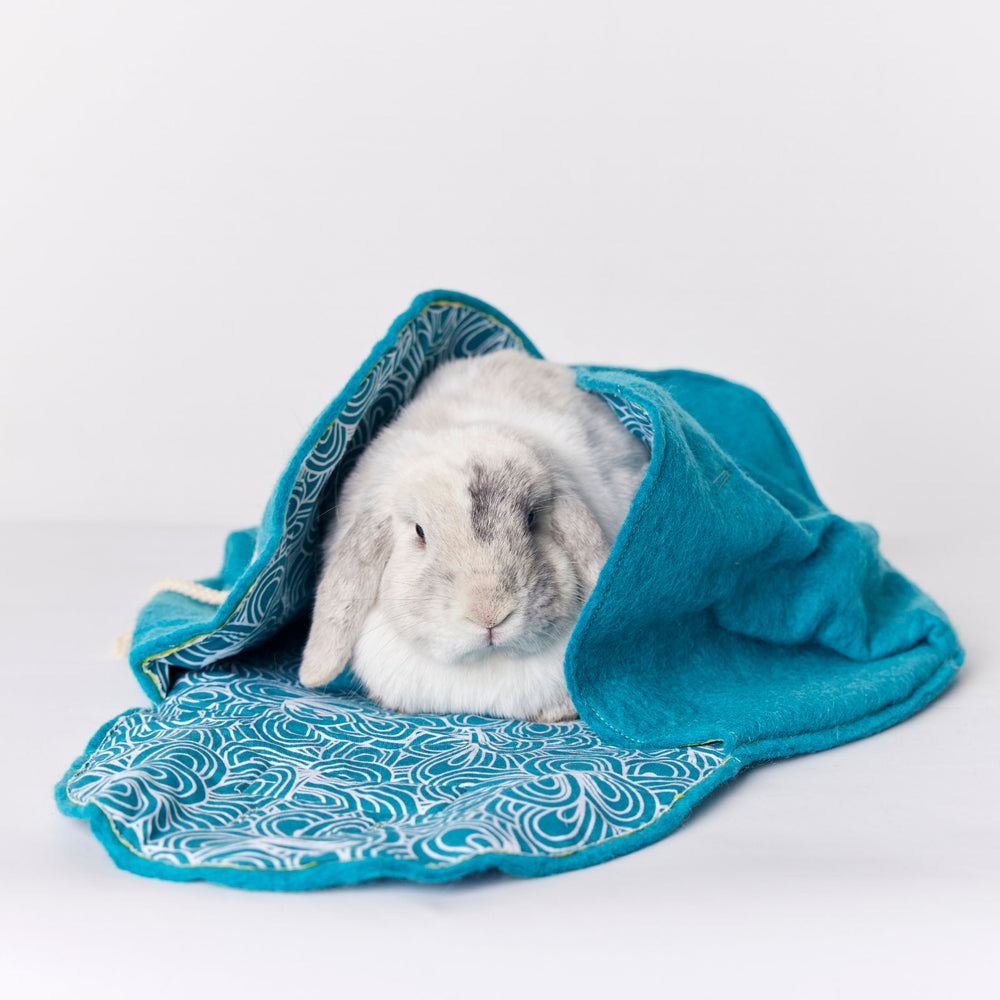What Senior Pets Are Great for Families?

Welcoming an older pet into your family can be an incredibly fulfilling experience for families of all shapes and sizes. While older pets can require additional time and care due to more unique needs, you shouldn’t underestimate how opening your home and heart to a pet that is later on in life can be the beginning of a very special relationship.
What is considered a ‘senior pet’ varies depending on the species and breed of the animal, however, the general rule of thumb is that the term refers to animals that have reached an advanced age in their species’ average lifespan. For dogs and cats, this can be around the 7-10 years old mark, however, can be considered a younger or older age for the likes of hamsters, guinea pigs and birds.
Picking the right senior pet for your family and lifestyle is very important to providing an good experience and suitable home for your new pet - so we’ve pulled together a guide to some of the animals that can make exceptional senior pets. As always, we recommend conducting your own research and speaking with experts in your local area as needed to make the right choice for you.
We previously published an article on why senior pets can make wonderful companions for older people, however, senior pets can enrich so many lives. From having a calmer and predictable temperament, already being trained and socialised, through to having so much love and loyalty still to give - senior pets can be an amazing addition.
Dogs
Unlike their puppy counterparts, senior dogs can be a calm and beneficial companion for your entire family, especially younger children. Dogs in their older years are often already used to socialising and regular routines, giving them a more relaxed temperament in comparison to the more hyperactive puppy stage. This can be a godsend if you are juggling the energy of young kids in your family.
Senior dogs are generally more aware of all members of the family, being well-adjusted to sharing a communal space. Being well-trained can also mean that house, obedience and leash training will come almost naturally to older pets and they will seamlessly become a member of your household.
Older dogs can also be ideal for fitting into busy family schedules as they don’t require the frequent and constant attention that young dogs often require. You can also avoid the need for pet-sitters as they may have already become accustomed to being alone at home.
Cats
For many who opt out of adopting a young kitten, one of their main concerns is the kitten’s unpredictability during these early years. There may be nerves around the kitten unintentionally scratching or biting family - or damaging your favourite furniture (we’ve all been there!). This is often the opposite for elderly cats, as they are highly tolerant in their later years and can need very little physical activity.
That being said, they still have so much love and affection to give, whether that be curling up in your lap or enjoying plenty of cuddles. Senior cats can be perfect for families as they are a gentle presence for many households, often enjoying spending time with their families in every room of the house.
Birds
One of the less common senior pets that you hear about are birds - but don’t underestimate the gift they can be to a family home! Senior birds can provide a fun energy to your household, having already developed a unique personality and learnt simple behaviours such as obedience and knowing how to use a perch.
These animals also become highly independent as they age, but still love plenty of stimulation and help with gentle preening as they age. This can be a great way to teach responsibility to members of young families - and can provide a lot of laughs if you’re senior bird has learnt some great tricks already!
Rabbits
Senior rabbits bond differently as they get older, growing strong connections with families through lots of gentle cuddling and quiet time. This makes them a perfect addition to families to learn about empathy and compassion, and how to gently and thoughtfully show care.
Being a smaller animal, they can also be perfect for family homes that are smaller in size - such as an apartment or townhouse. From around 7 years old, rabbits are typically well past their destructive habits, giving them a gentle temperament which makes it even easier to form a loving bond with them.
As with any animal, senior pets still require an adjustment period to ensure they can get used to being a member of your family home. They still also requiref exercise and regular medical visits to ensure that their specific needs are being taken care of - so it’s important to remember that just because they’re senior, it doesn’t mean they won’t have many of the same needs as their younger counterparts!
Welcoming a senior pet into your family not only offers them a second lease on life and a loving home, but also a mutually rewarding experience for both the pet and their new family. If you’re welcoming a senior pet into your home, share it with us on socials!









